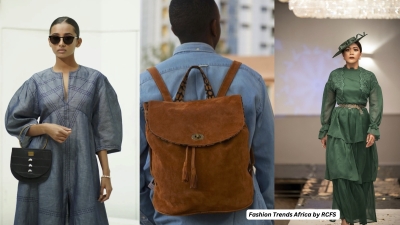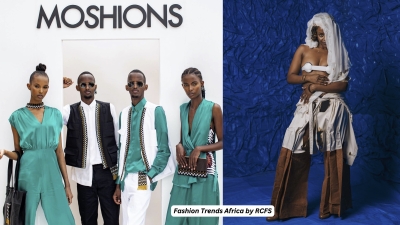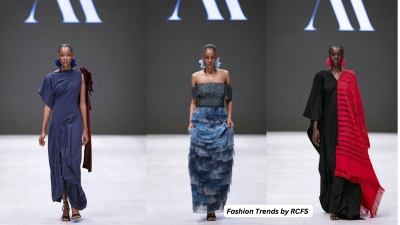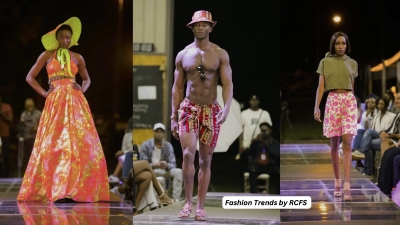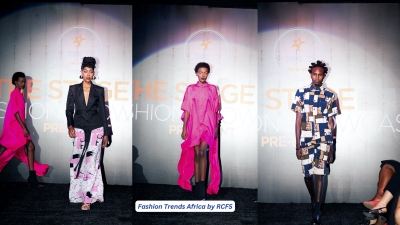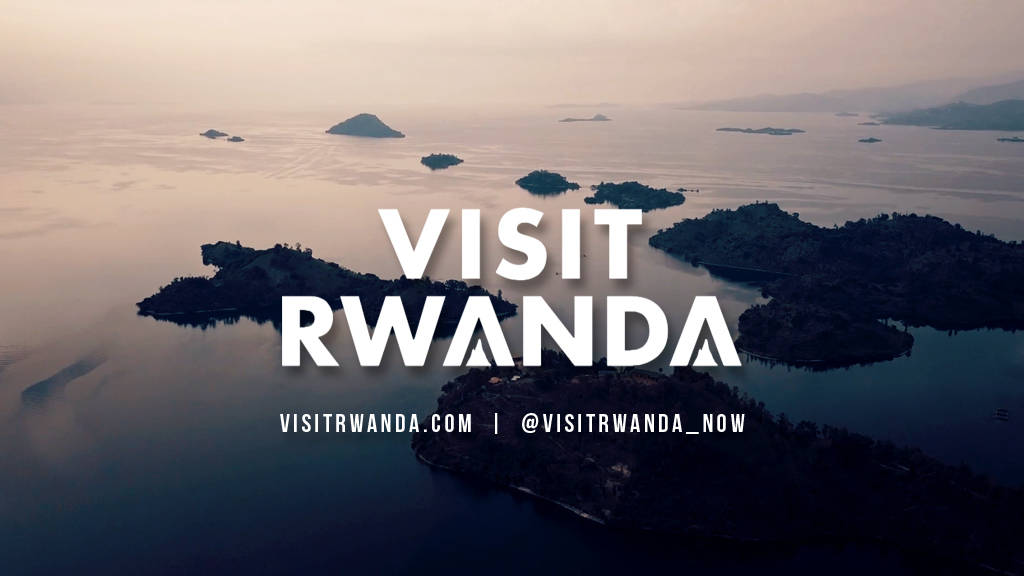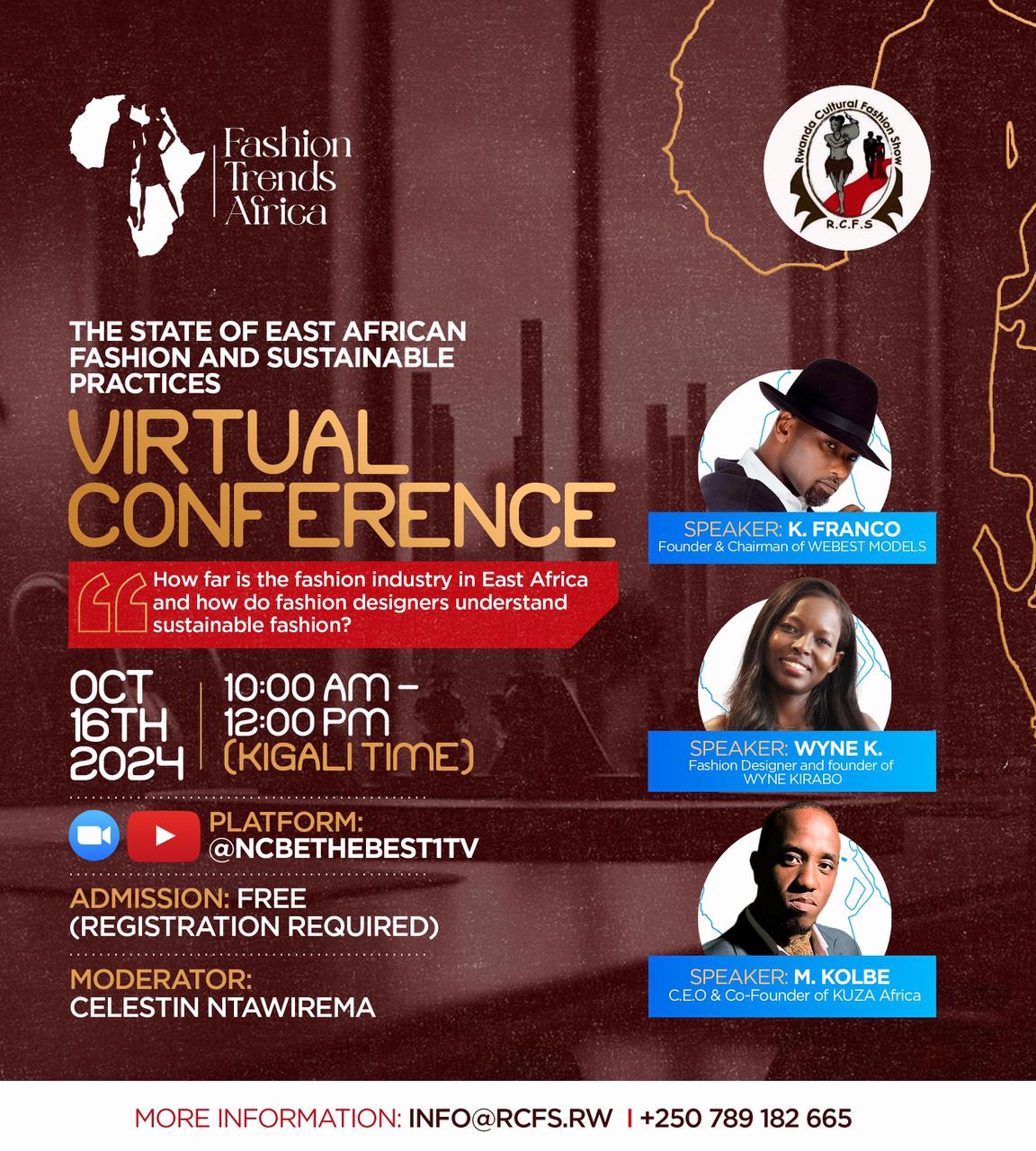![[PHOTO: Workers inside the Asantii's factory in Kigali]- Fashion is not Singular as an Industry: Inside Asantii from the Land of 1000 Hills](/media/k2/items/cache/24051f1a73d7ccf80aa0e781a6178da9_L.jpg) [PHOTO: Workers inside the Asantii's factory in Kigali]- Fashion is not Singular as an Industry: Inside Asantii from the Land of 1000 Hills
[PHOTO: Workers inside the Asantii's factory in Kigali]- Fashion is not Singular as an Industry: Inside Asantii from the Land of 1000 Hills
Fashion is not Singular as an Industry: Inside Asantii from the Land of 1000 Hills
Fashion is often perceived as a monolithic industry, but in reality, it's a multifaceted ecosystem that intertwines with various sectors and cultural elements. Asantii, a contemporary womenswear brand based in Rwanda, exemplifies this complex nature of fashion, showcasing how a single brand can embody artistic expression, cultural heritage, economic development, and global connectivity.
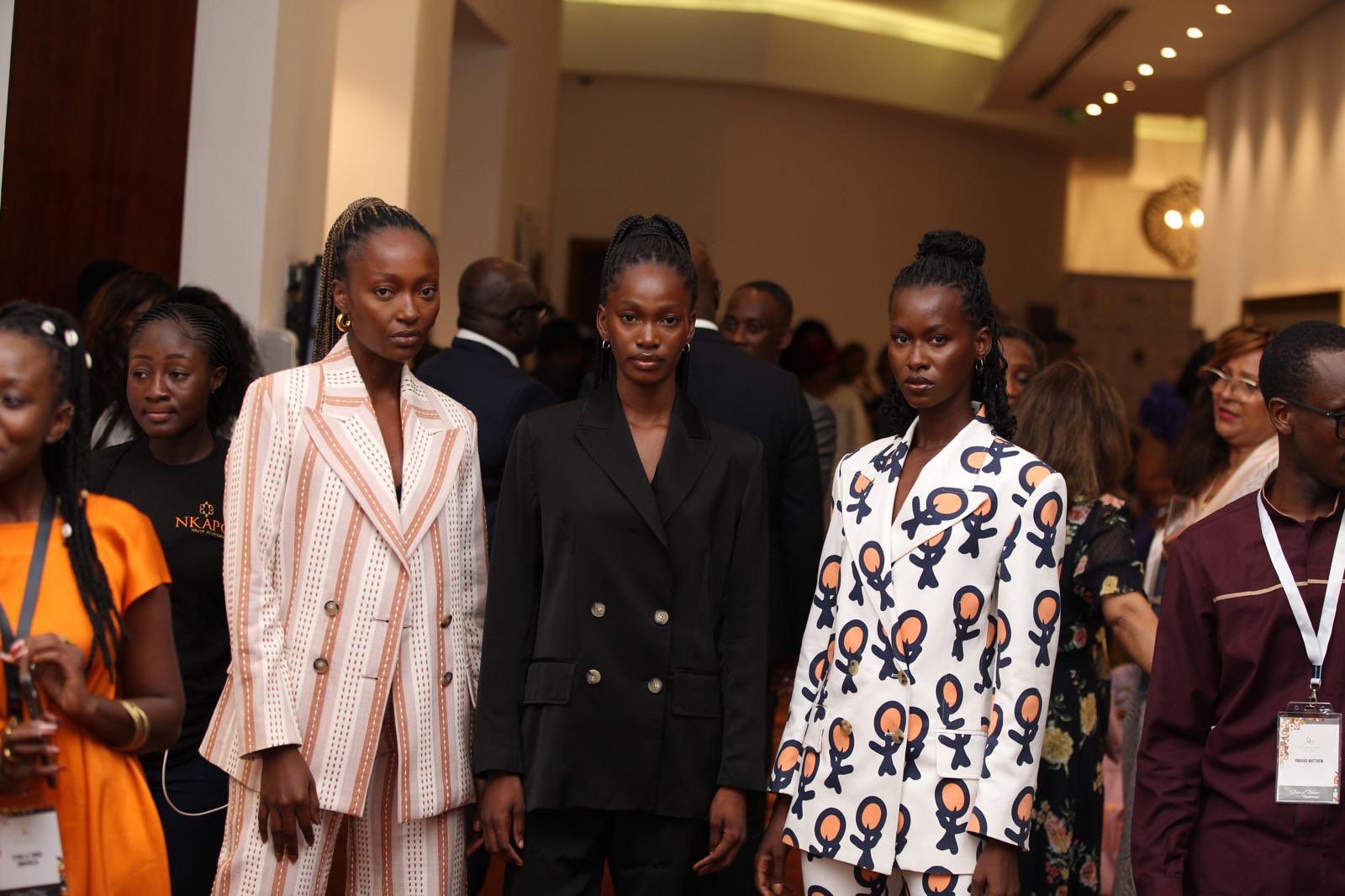 [PHOTO: Collections made by Asantii clothing brand based in Rwanda]
[PHOTO: Collections made by Asantii clothing brand based in Rwanda]
Rwanda is a rapidly growing developing country, with average GDP growth of over 7% per annum since 2010, backed by a strong policy framework. However, despite this, the country’s industrial sector remains small, with most firms facing competitiveness issues due to several supply-side constraints, exasperated by the country’s small size and geographic location. 98% of Rwandan firms are SMEs, with limited access to finance, raw materials, and skills.
Among the growing sectors is the fashion sector with its slogan #MadeInRwanda. There are many entrepreneurs including young people who continue to invest in the fashion business. However, with limited access to finance, raw materials, and skills then to sustainably running their businesses is still not easy, instead, it becomes a challenge for start-up businesses.
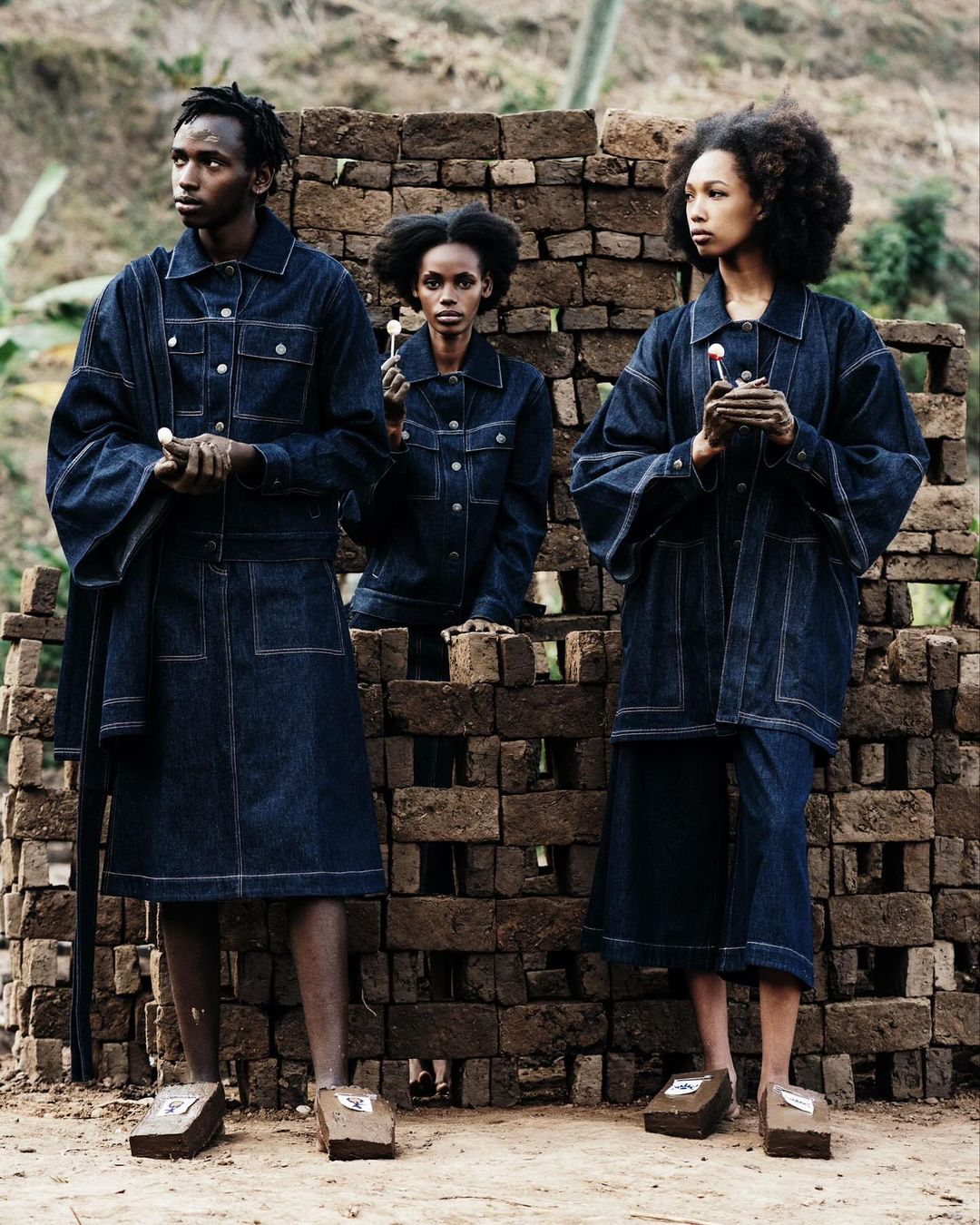 [PHOTO: Collections made by Asantii clothing brand based in Rwanda]
[PHOTO: Collections made by Asantii clothing brand based in Rwanda]
Before our journalist wrote this story read “Fashion is not Singular as an Industry” a paper published on LinkedIn by the Asantii which is sustainable by default and is dedicated to making change in the fashion industry through a meaningful commitment to consciously sourcing materials from across Africa, and ethically producing its collections at their state-of-the-art factories in Rwanda.
In Rwanda, according to the numbers, there are more than 50 established fashion designers and there are about 100 or more new and upcoming fashion designers. Of the total of 150 designers about 30 % of them are professionals who went to school to study fashion design and textile skills. Then 70% are self tough or talented and probably got sewing talents from family members or short courses in tailoring. The Made in Rwanda policy initiated by the Rwanda government which was created between 2015 and 2017 is aligned with Rwanda’s aspiration to become an upper middle-income country by 2035 and higher income by 2050.
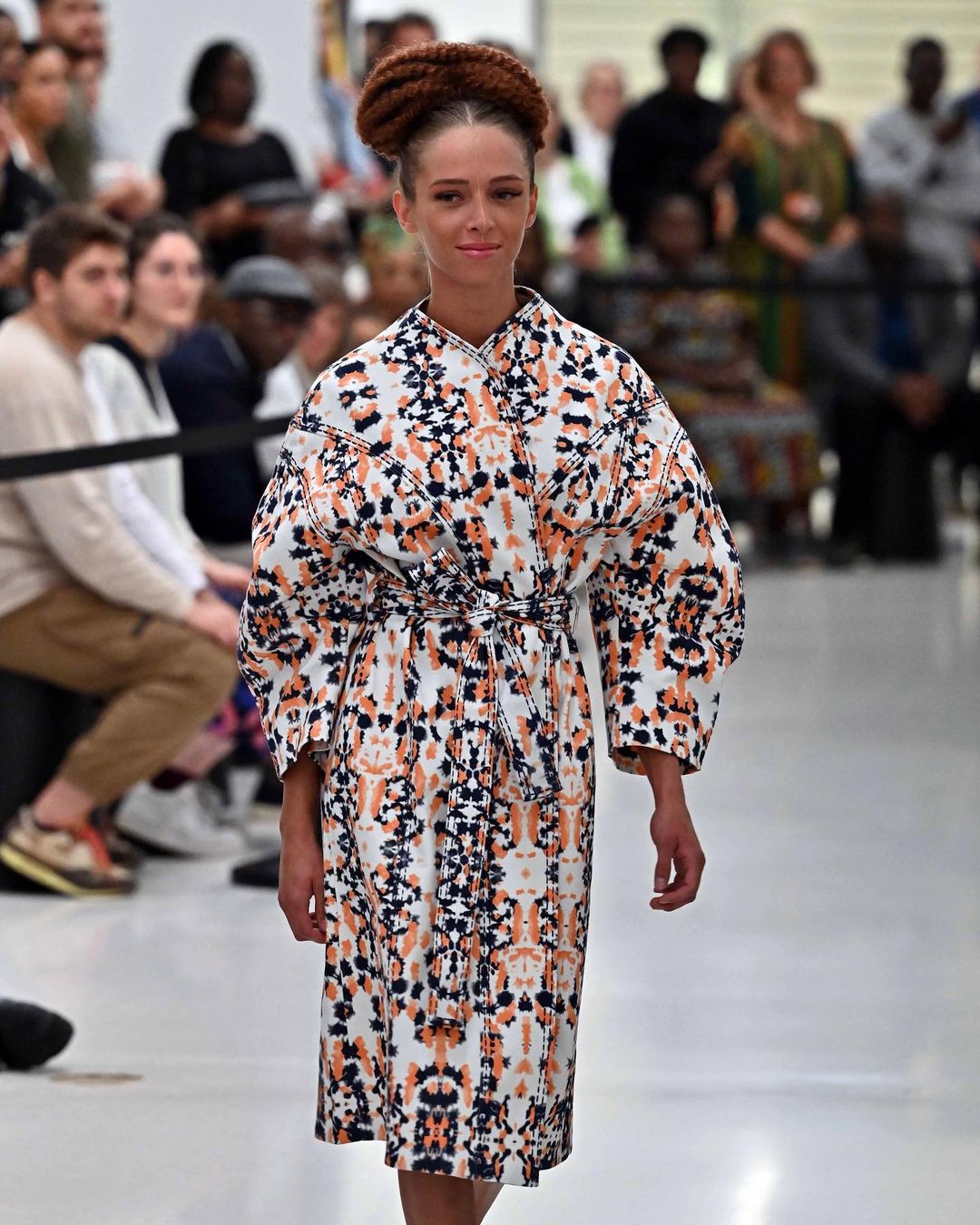 [PHOTO: Collection made by Asantii clothing brand based in Rwanda]
[PHOTO: Collection made by Asantii clothing brand based in Rwanda]
Even though there is no single fashion school in the country, the fashion sector continues to grow and the Asantii is a sign and an example of how the future fashion looks like in Rwanda. The brand was founded in 2020, according to their paper‘s perspective it is clear a lot has been done inside the brand's factory and the brand is proud to share why fashion is not singular as an industry.
The Asantii's perspective on fashion highlights its symbiotic relationship with almost every other industry. This interconnectedness not only enhances the appeal and economic impact of both fashion and its partner industries but also contributes significantly to cultural exchange and global connectivity.
“Exchange of thought is important for advancement and we remain committed to being a catalyst of this” This statement by Asantii expresses how important is for a fashion brand to interact with other businesses in various sectors.
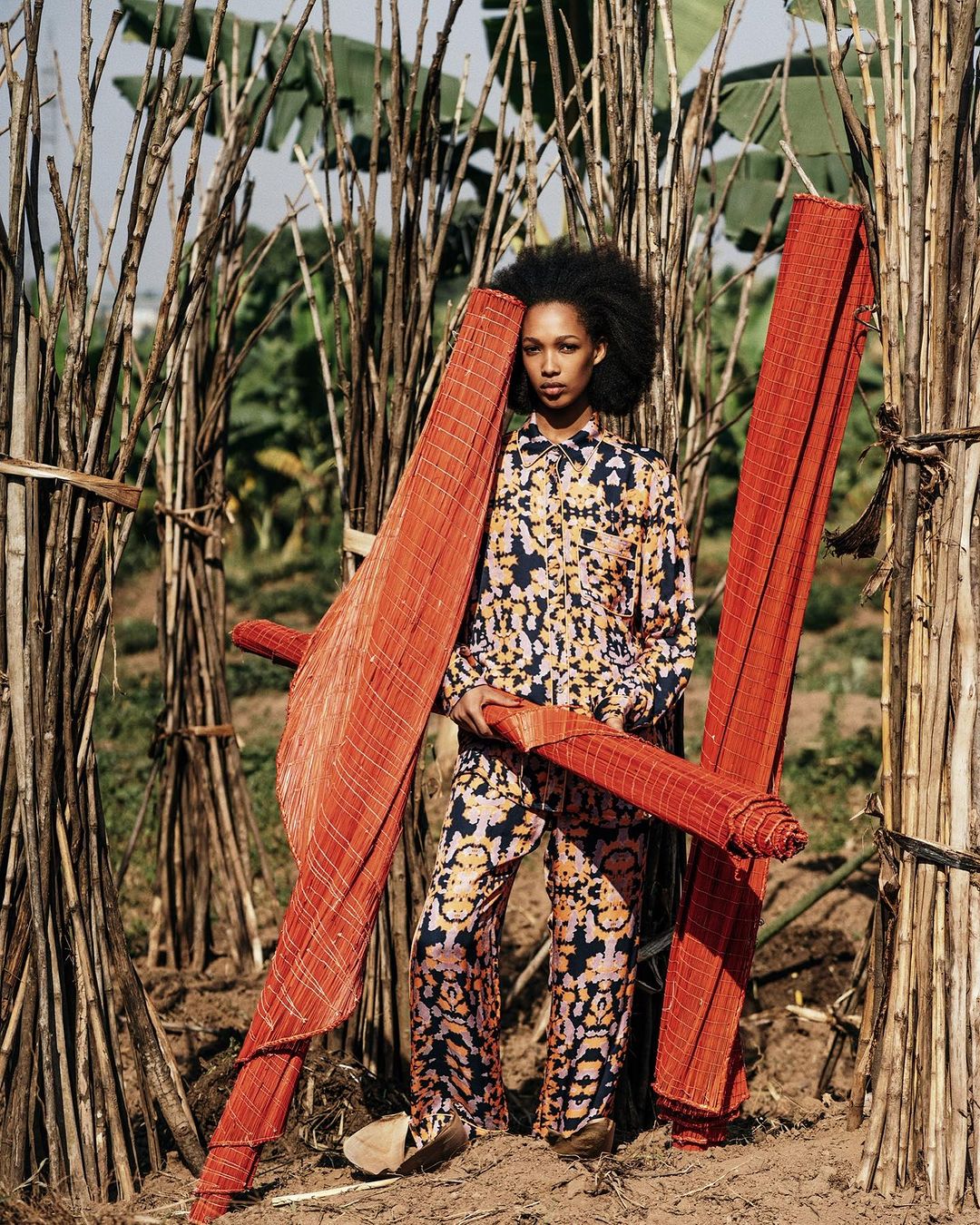 [PHOTO: Collection made by Asantii clothing brand based in Rwanda]
[PHOTO: Collection made by Asantii clothing brand based in Rwanda]
The interconnectedness of fashion with other industries is particularly noteworthy. It intersects with art, technology, business, and culture, creating a rich tapestry of influences and innovations. The retail landscape of fashion has evolved significantly, now including traditional brick-and-mortar stores, e-commerce platforms, subscription services, and rental models. This evolution demonstrates the industry's adaptability and its ability to embrace new technologies and consumer preferences.
Research byfashion experts agrees that the industry extends far beyond clothing. It encompasses a wide range of products including apparel, accessories, footwear, and beauty items.
 [PHOTO: Collection made by Asantii clothing brand based in Rwanda]
[PHOTO: Collection made by Asantii clothing brand based in Rwanda]
“The spectrum of fashion is vast, stretching from fast fashion to haute couture, catering to diverse price points and target demographics,” A Fashion Expert says “This diversity is reflected in the industry's structure, which involves design, manufacturing, distribution, retail, and marketing across numerous countries”
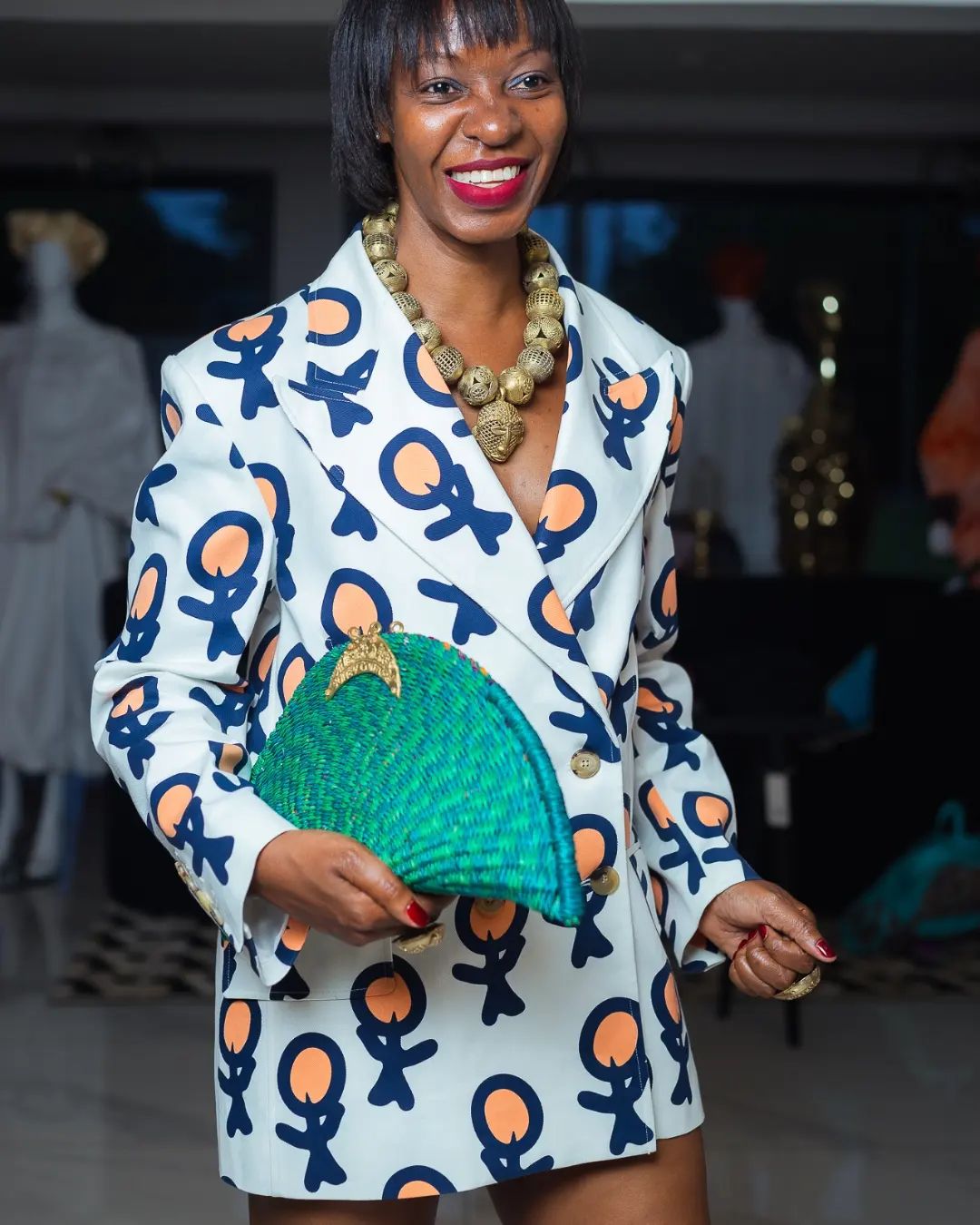 [PHOTO: Collection made by Asantii clothing brand based in Rwanda]
[PHOTO: Collection made by Asantii clothing brand based in Rwanda]
At the heart of this complex fashion ecosystem lies Asantii, a brand that embodies many of these multifaceted aspects of the industry. Asantii is more than just a clothing line; it's a celebration of African heritage and artisanship through the medium of fashion. The brand prides itself on creating joyful and effortless fashion that is proudly designed, conscientiously sourced, and beautifully made across the African continent.
Asantii's approach to fashion goes beyond mere clothing production. It serves as a cultural ambassador, showcasing African creativity and craftsmanship to the world. "This was evident when the brand hosted delegates from the Africa Soft Power Summit at its atelier in Kigali," Asantii's statement says" The event provided an opportunity for Asantii to share its journey in celebrating African heritage through fashion, while also exploring the intersections of creativity, sustainability, and women's leadership in the industry"
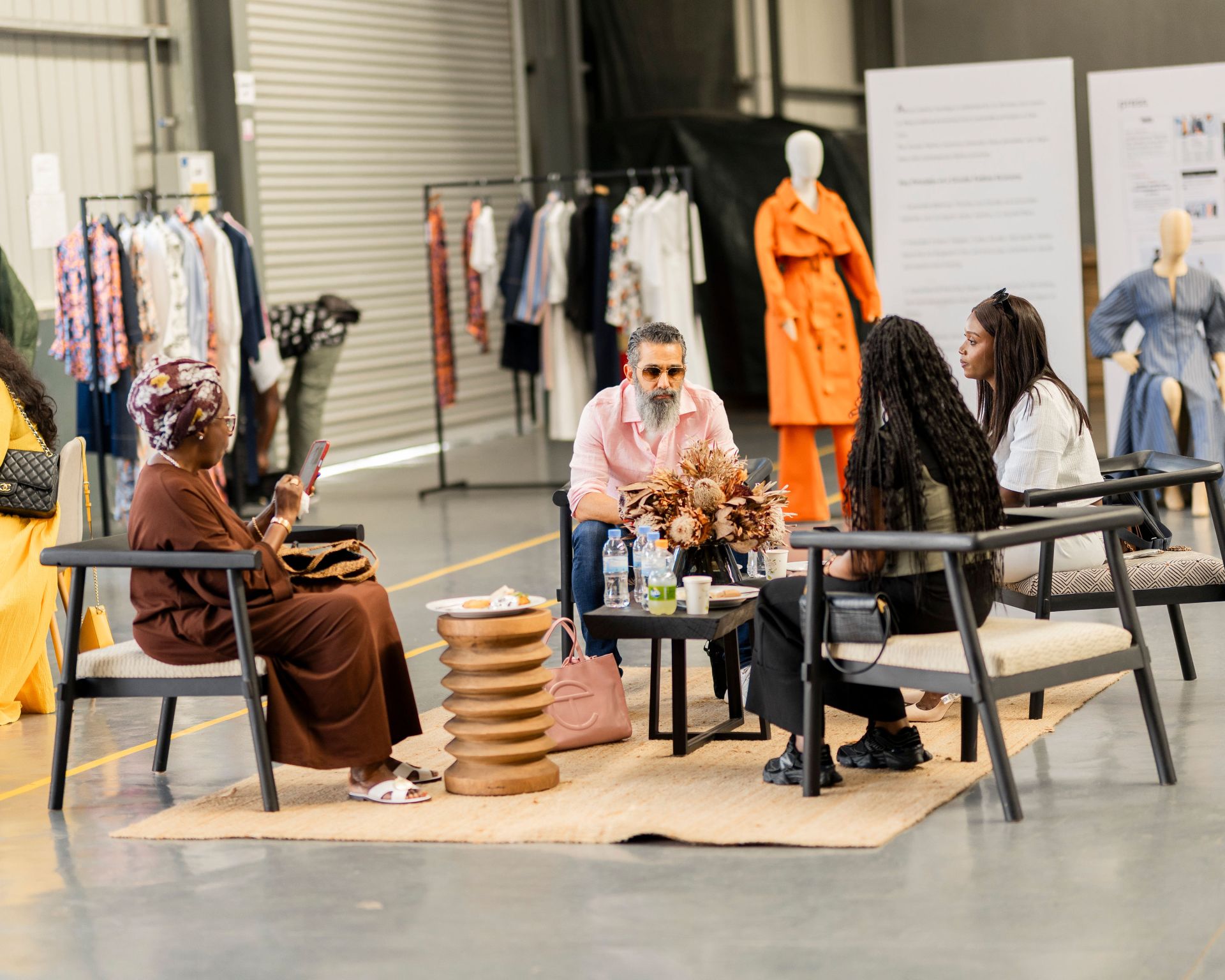 [PHOTO: Asantii clothing brand based in Rwanda hosts guests and events at their Atelier in Kigali]
[PHOTO: Asantii clothing brand based in Rwanda hosts guests and events at their Atelier in Kigali]
The brand from the land of 1000 Hills [Rwanda] recognizes that in today's interconnected fashion landscape, networking and partnerships are crucial for achieving sustainable fashion. This understanding was demonstrated during the Basketball Africa League (BAL) competitions, where Asantii hosted the Dakar Design Hub for a visit and brunch at its atelier. The experience, curated by Africa tourism solutions, facilitated important discussions on what it takes for African brands to grow and be competitive on a global level.
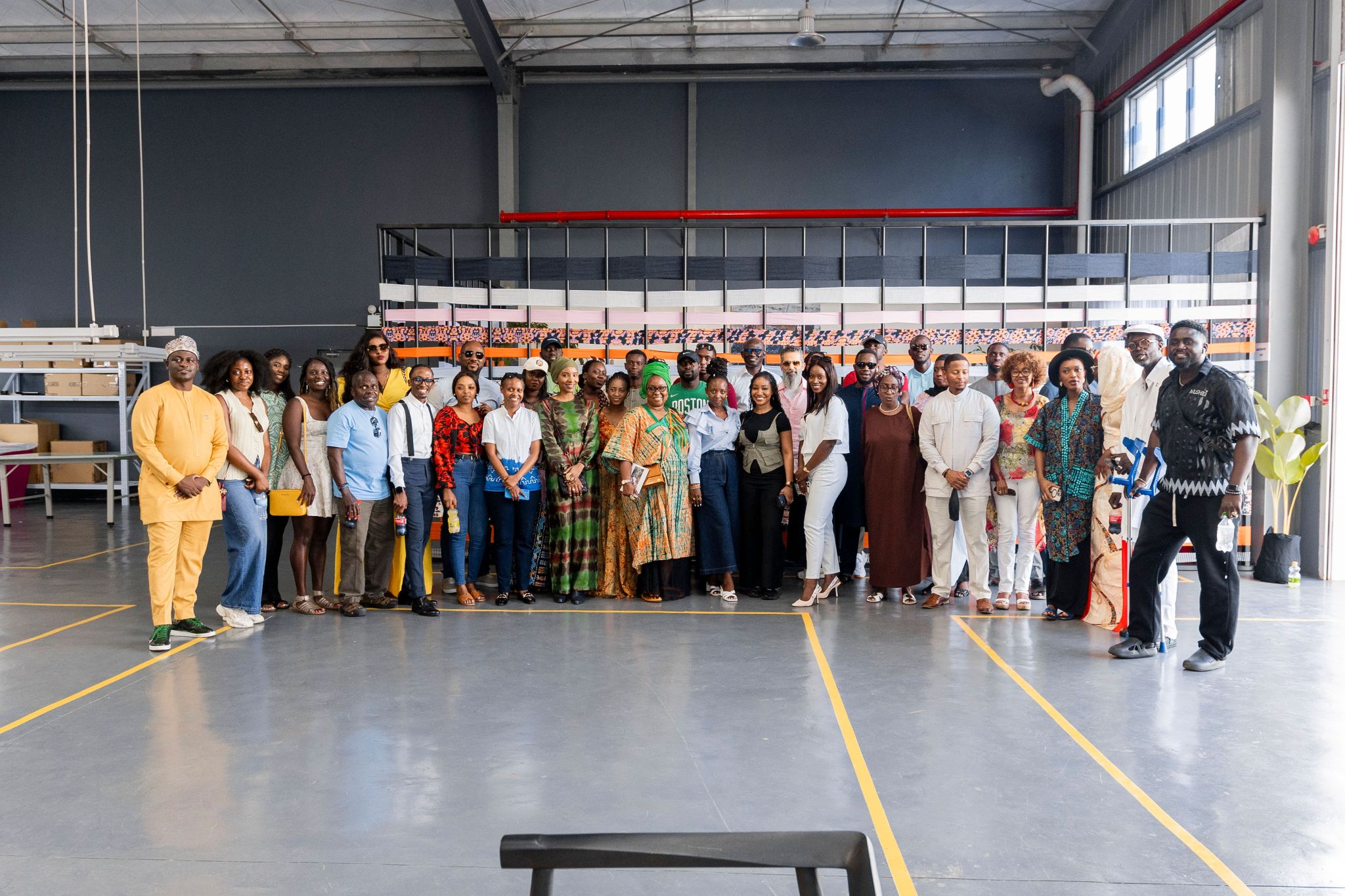 [PHOTO: Asantii clothing brand based in Rwanda engages with other business leaders in Africa]
[PHOTO: Asantii clothing brand based in Rwanda engages with other business leaders in Africa]
According to the Asantii, these networking events are not just social gatherings; they are strategic moves that allow Asantii to position itself within the broader context of African and global fashion. By engaging with other creatives, business leaders, and industry experts, Asantii can gain insights, share knowledge, and potentially form partnerships that can drive the brand and the African fashion industry forward.
 [PHOTO: a worker inside the Asantii 's factory]
[PHOTO: a worker inside the Asantii 's factory]
Maryse Mbonyumutwa, the CEO of Asantii, plays a pivotal role in shaping the brand's vision and its place in the broader African creative landscape. Her participation in high-level discussions, such as the one at the Africa CEO Forum, demonstrates Asantii's commitment to being at the forefront of conversations about the future of African creative industries.
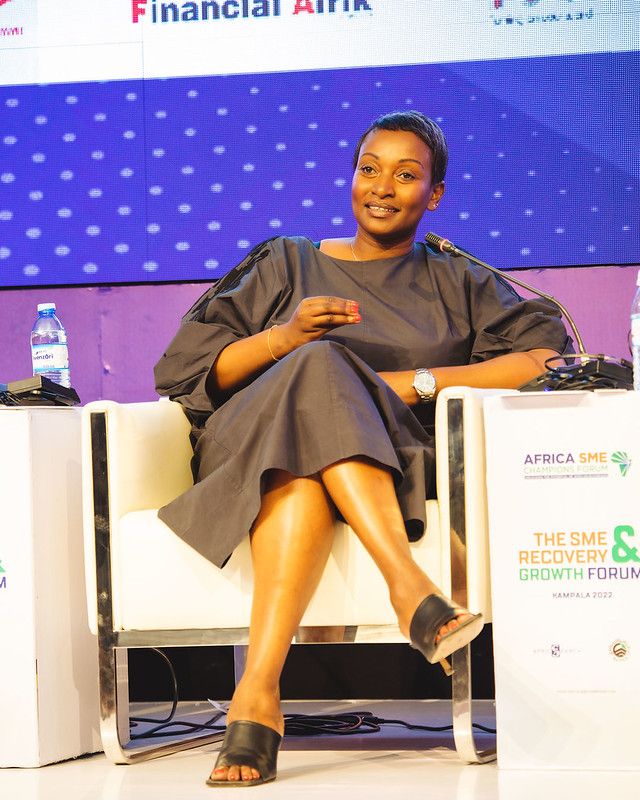 [PHOTO: Maryse Mbonyumutwa, the CEO of Asantii]
[PHOTO: Maryse Mbonyumutwa, the CEO of Asantii]
The forum focused on how Africa can 'reframe' its approach to creative industries to boost business opportunities and contribute to economic and human development. This discussion is crucial for brands like Asantii, as it explores the wide range of opportunities and challenges in financing Africa's creative industries. It also highlights the importance of pan-African collaborations to enhance supply chains and market integration, both within the continent and in lucrative export markets.
"Asantii's involvement in these discussions positions the brand not just as a fashion label, but as a thought leader in the African creative space. The brand's commitment to being a catalyst for the exchange of ideas underscores its understanding that fashion is not just about clothing, but about driving broader economic and cultural change" Asantii's statement says
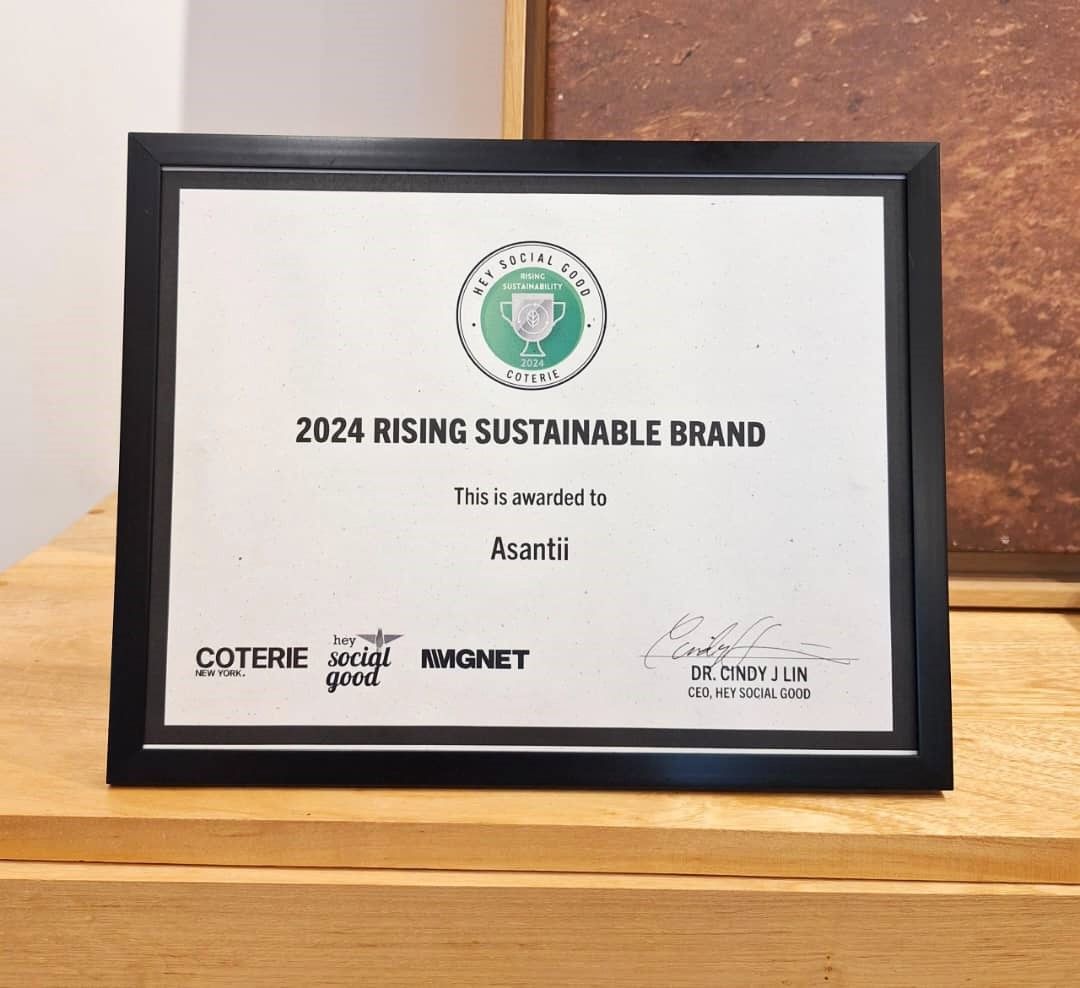 [PHOTO: Asantii received an award of the Rising Sustainable Brand 2024]
[PHOTO: Asantii received an award of the Rising Sustainable Brand 2024]
While Asantii's journey showcases the exciting possibilities within the African fashion industry, it also hints at the challenges faced by brands in Rwanda and on the African continent. "Issues such as financing, supply chain management, and accessing global markets are common hurdles that African fashion brands must overcome," Fashion Experts say
However, these challenges also present opportunities due to the growing interest in African fashion and creativity on the global stage providing a platform for brands like Asantii to showcase their unique offerings. The emphasis on sustainable and ethical fashion aligns well with Asantii's commitment to conscious sourcing and production across the continent.
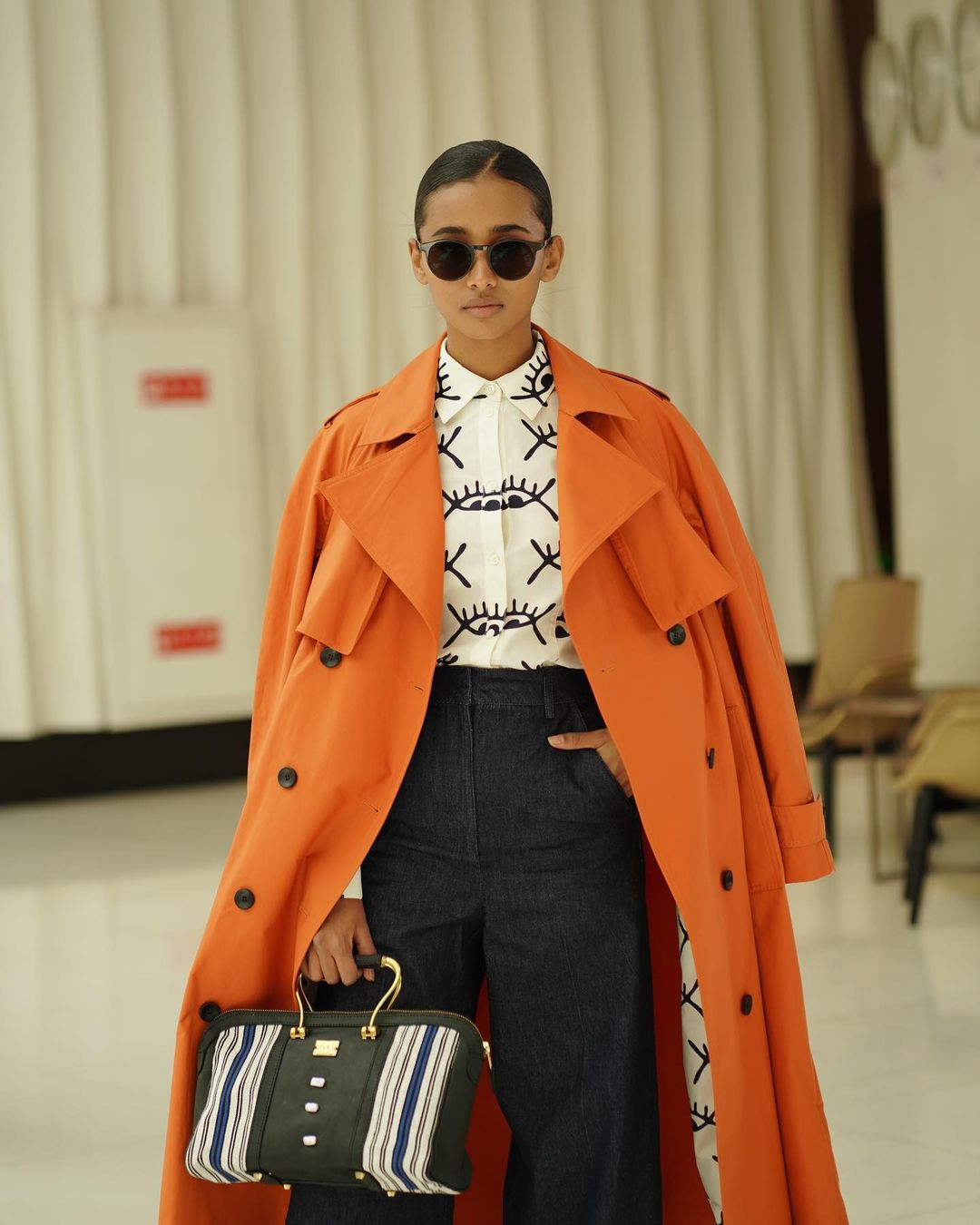 [PHOTO: Collection made by Asantii clothing brand based in Rwanda]
[PHOTO: Collection made by Asantii clothing brand based in Rwanda]
Asantii's story illustrates that fashion is indeed not singular as an industry. It is a complex ecosystem that intertwines with culture, technology, economics, and global trade. As a brand, Asantii embodies this multifaceted nature of fashion, celebrating African heritage while engaging with global trends and business practices.
The brand's approach to networking, its involvement in industry discussions, and its commitment to sustainable and ethical practices demonstrate that modern fashion brands must be more than just clothing producers. They need to be cultural ambassadors, thought leaders, and drivers of economic development.
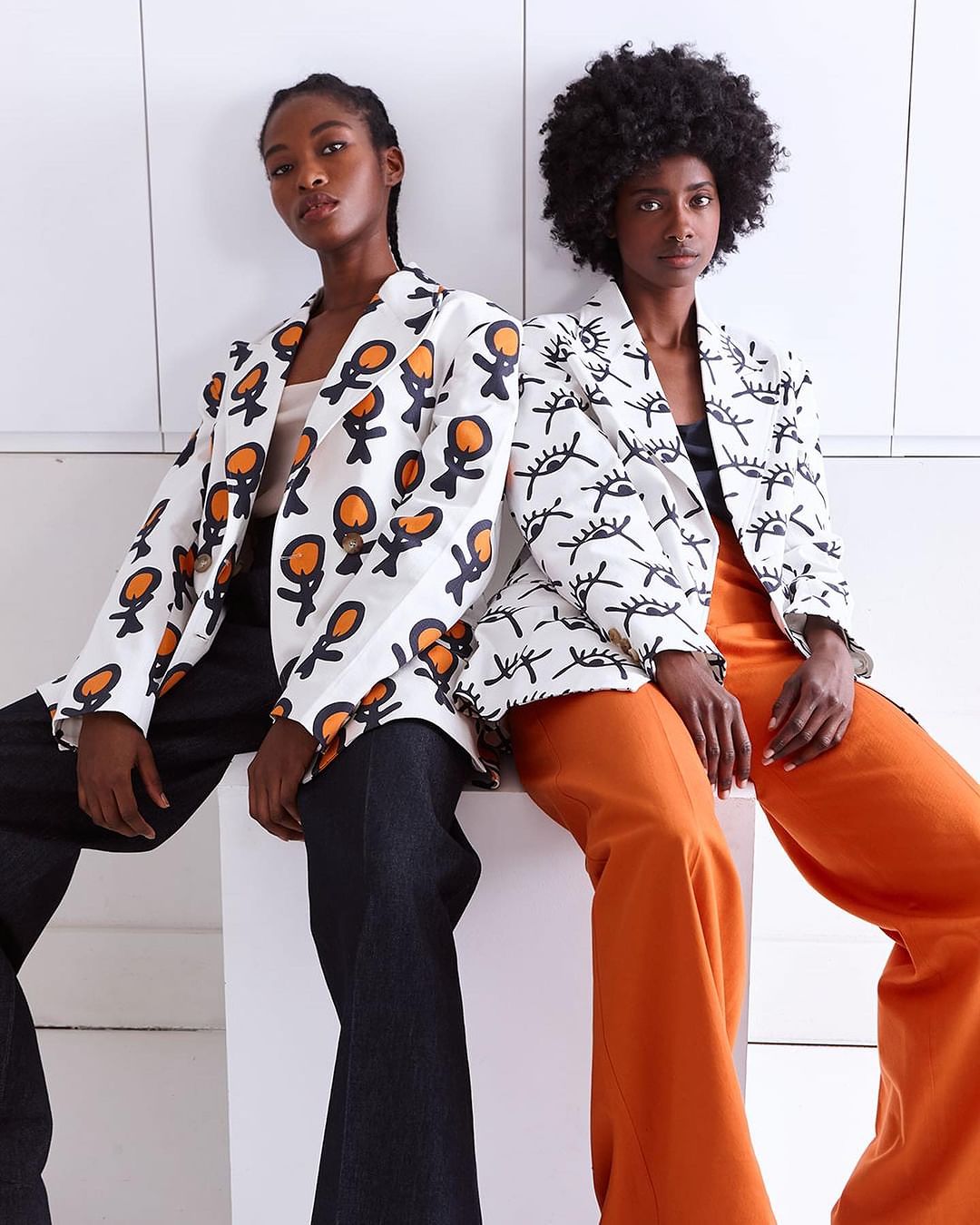 [PHOTO: Collections made by Asantii clothing brand based in Rwanda]
[PHOTO: Collections made by Asantii clothing brand based in Rwanda]
As the fashion industry continues to evolve in Rwanda, brands like Asantii are well-positioned to lead the way in redefining what fashion means in the 21st century. By embracing the interconnected nature of the industry and leveraging the unique cultural heritage of Africa, Asantii and similar brands have the potential to not only succeed in the global fashion market but also to reshape it, bringing fresh perspectives and innovative approaches to an industry that thrives on creativity and change.
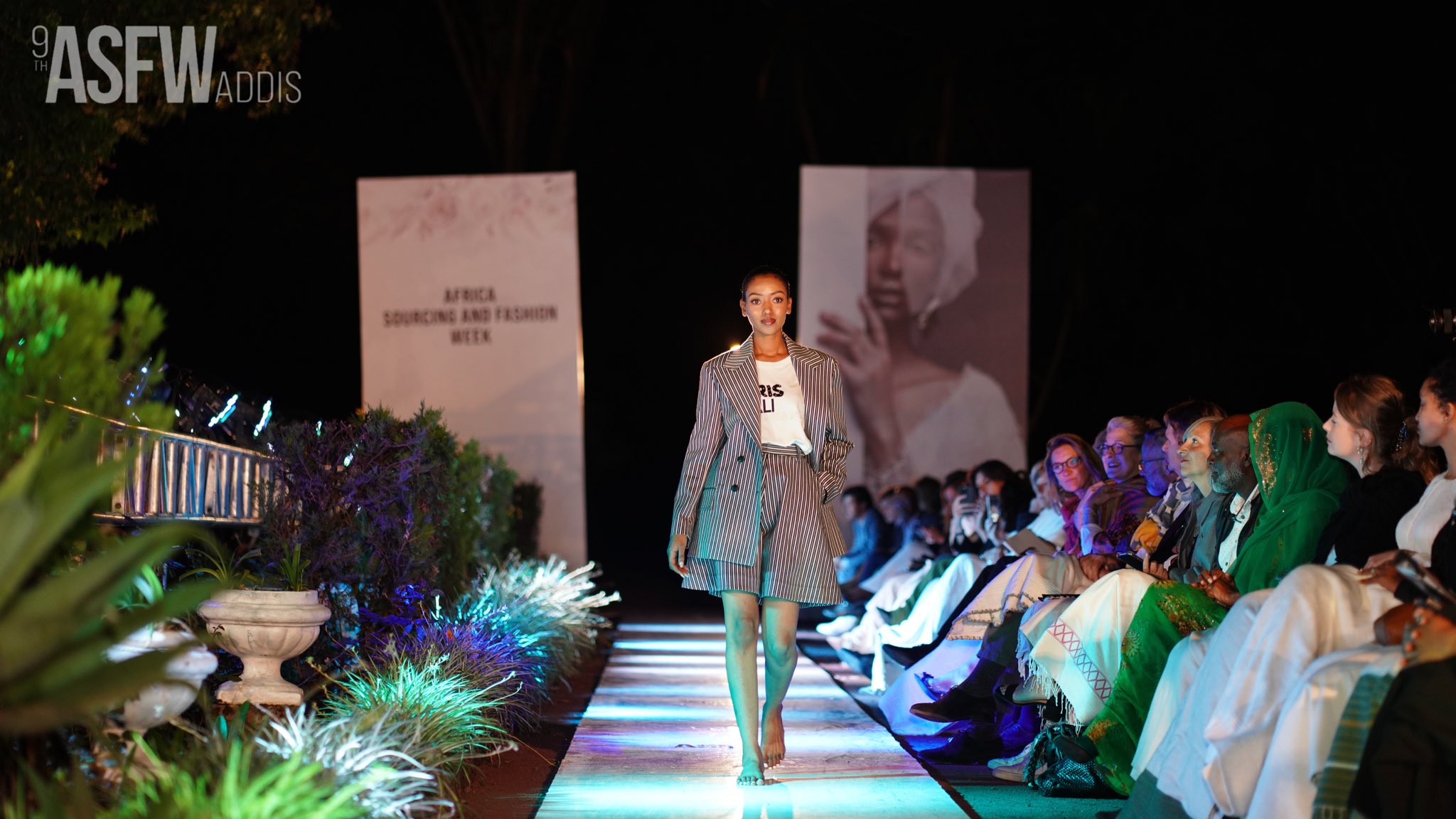 [PHOTO: A model on the runway presenting a collection made by Asantii clothing brand based in Rwanda]
[PHOTO: A model on the runway presenting a collection made by Asantii clothing brand based in Rwanda]
Latest from RCFS
- One week to go until Africa Sourcing and Fashion Week 2024: Designers, Exhibitors, and Speakers
- One week to go until Africa Sourcing and Fashion Week 2024: Designers, Exhibitors, and Speakers
- 9 Years Milestone: Moses Turahirwa and His Moshions Brand Rwanda-Based
- 9 Years Milestone: Moses Turahirwa and His Moshions Brand Rwanda-Based
- What to Expect in Lagos Heineken Fashion Week 2024: Runways Kick off Today



